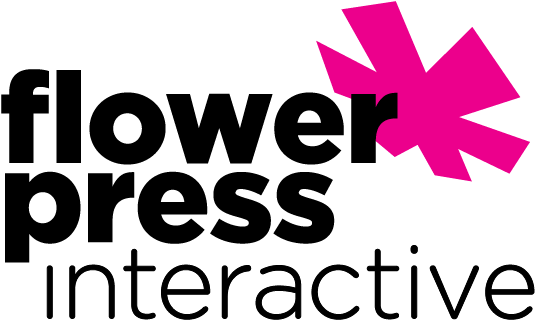
Outsourcing a team versus hiring full-time employees can be a difficult decision for businesses requiring software development and maintenance. While each strategy has advantages, outsourcing offers unique cost benefits that make it an attractive choice to manage budgets, increase flexibility, and access specialized talent without the overhead of maintaining a full-time staff.
Access to Specialized Expertise
Outsourcing enables access to specialized expertise without the expense of hiring full-time specialists. Projects often demand niche skills—such as UI/UX design, mobile app development, or advanced analytics—that aren’t required full-time. Hiring full-time employees for these specific roles can be both costly and inefficient. By outsourcing software development tasks, businesses can engage experts as needed. This ensures they receive top-tier work without the ongoing costs of full-time employment. This approach also ensures that they can leverage the latest technologies and methodologies.
Scalability and Flexibility
Outsourcing offers a level of scalability and flexibility that is challenging to achieve with full-time employees. When a business hires full-time software design and development staff, it commits to long-term financial obligations, regardless of shifts in project demand or market conditions. This can lead to inefficiencies, such as underutilized employees during slow periods. Outsourcing to a software development agency automatically adjusts teams according to project demands without the long-term commitment of full-time hires. This flexibility allows better alignment of labor costs and actual business needs.
Reduced Labor and Overhead Costs
One of the most significant cost benefits of outsourcing is the reduction in labor costs. Hiring full-time, in-house employees often requires competitive salaries, benefits, taxes, and additional costs such as health insurance, retirement contributions, and paid time off. These expenses can rapidly accumulate, especially in regions with high living costs. Businesses that hire in-house development teams must also cover overhead costs including office space, utilities, equipment, software licenses, and administrative expenses—costs that can weigh heavily on small to medium-sized businesses. Outsourcing to an agency effectively eliminates or significantly reduces these overhead costs.
Reduced Training and Development Costs
Training and developing employees represent another substantial expense for businesses, particularly in a rapidly evolving industry like software development. When a business hires full-time employees, it often needs to invest in training to keep them up to date with the latest tools and techniques, which can be both time-consuming and costly. In contrast, agencies typically handle the training and upskilling of their team. Outsourced software development teams are often already proficient in the latest industry standards and technologies, reducing the need for extensive onboarding.
Focus on Core Business Activities
Outsourcing non-core functions like software development allows businesses to concentrate their resources and efforts on what they do best. By delegating tasks such as product design, QA testing, and software maintenance to specialized agencies, businesses can reduce the time and money spent on managing these areas internally. This focus on a business’s core activities can lead to increased efficiency and profitability, as they can allocate more resources to innovation and growth.

